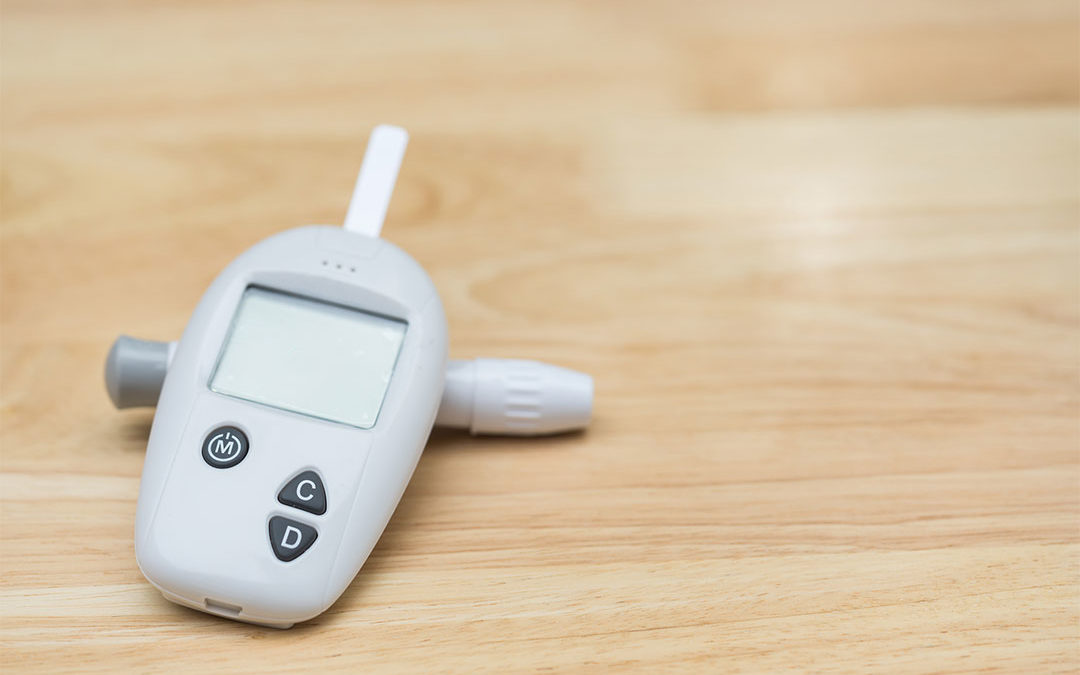Infection control issues are high on The Joint Commission’s radar these days. While psychiatric hospitals and behavioral health organizations admittedly do not have the same types of infection control challenges as med/surg hospitals, there are definitely infection control topics that are relevant, and these have seen increased scrutiny during recent surveys.
Client Feedback on IC Issues During TJC Surveys
Speaking with some of our clients, we got the following feedback on how infection control issues were probed during their Joint Commission surveys:
“They were definitely more interested in infection control issues this time around than during our last survey. They asked a lot of infection control related questions during their tracers like “What are the manufacturer’s instructions for cleaning this glucometer?†They specifically wanted to know what the wet time was. They got different answers from our nursing staff, and we got cited for that. They also did a tracer on a patient who was treated for an infection. They traced the case through from admission to discharge to see how we incorporated the treatment of the infection into the patient’s overall treatment plan and how we educated the patient at discharge.â€
And from another client:
“The nurse surveyor spent a lot of time scrutinizing our Infection Control Plan. We got cited because we hadn’t included in the plan some of the procedures we occasionally conduct such as Foley catheter care, stage one decubitus care, and minor wound care. They wanted us to spell out in the plan how we minimize the risk of infections associated with those procedures. We had just started doing those a few months ago based on the new patient population on one unit, and we hadn’t added that to our Infection Control Plan. That was a really important takeaway for our Infection Control Committee – that the plan needs to be updated when your infection control risks change. Honestly, we hadn’t updated our plan in several years. We did update it during the survey, but it was still cited in our report. We also got cited for having external shipping boxes in the pharmacy. We quickly learned this is a no-no since they harbor insects. We now break down all shipping boxes outside of the patient care areas and only allow the inside boxes (contained within the shipping boxes) to be stored in clean locations.â€
Still more feedback:
“We were surprised at how much scrutiny dishwasher temperatures got during our survey. The engineer went into the kitchen and checked the logs for dishwasher temperatures. We got cited because the final rinse temperature was lower than the manufacturer’s recommendations three times one month with no evidence of action taken. We now have a monitor on that with the data being reported to our Infection Control Committee.â€
Infection Control Requirements
So, be sure to review your Infection Control Plan against the standards and prepare your staff for questions about infection control practices during tracers. As a resource, here’s a brief checklist of Joint Commission infection control requirements we cover during our mock surveys – based on the most frequently cited standards:
- The IC Plan identifies specific risks based on the patient population. (Note: Be sure to include off-site settings in the plan.)
- The IC risks are prioritized with written goals for each prioritized risk. (Note: Be sure to include the required goals listed in IC.01.04.01 EP 1.)
- Procedures are implemented for proper disinfection/sterilization of medical equipment, devices, and supplies. Staff are knowledgeable of the procedures.
- Hand hygiene data is collected for all relevant staff and in all settings. Data is analyzed, and improvement strategies are implemented.
- There is progress on improving the flu vaccination rate.
- There is an annual evaluation of the IC Plan with analysis of IC data and new goals based on outcomes of past year and changes in patient population and/or services.
One Final Note
If you provide podiatry services to your patients, make sure you’ve thoroughly vetted the cleaning/disinfection procedures the podiatrist is using and that you provide ongoing oversight of these procedures. Some psychiatric hospitals have found themselves with adverse Joint Commission accreditation decisions when this was not in place.


